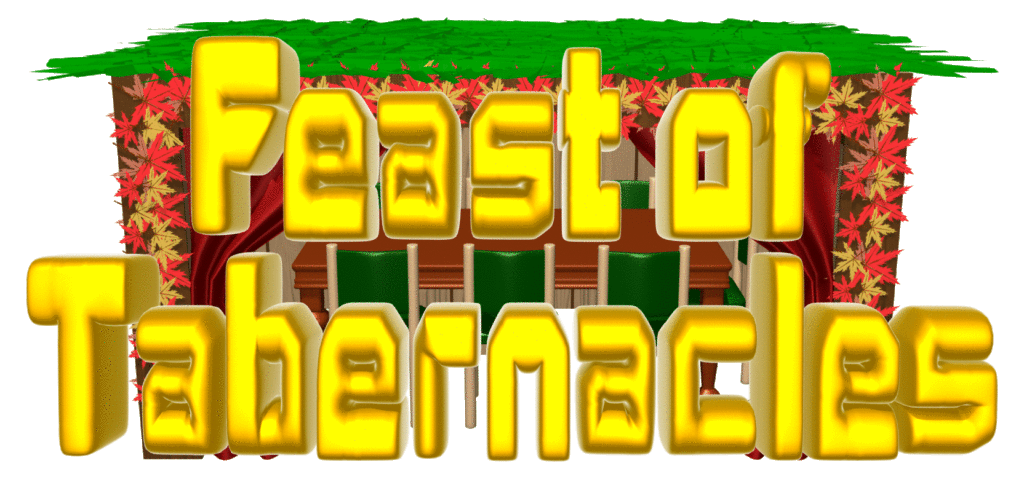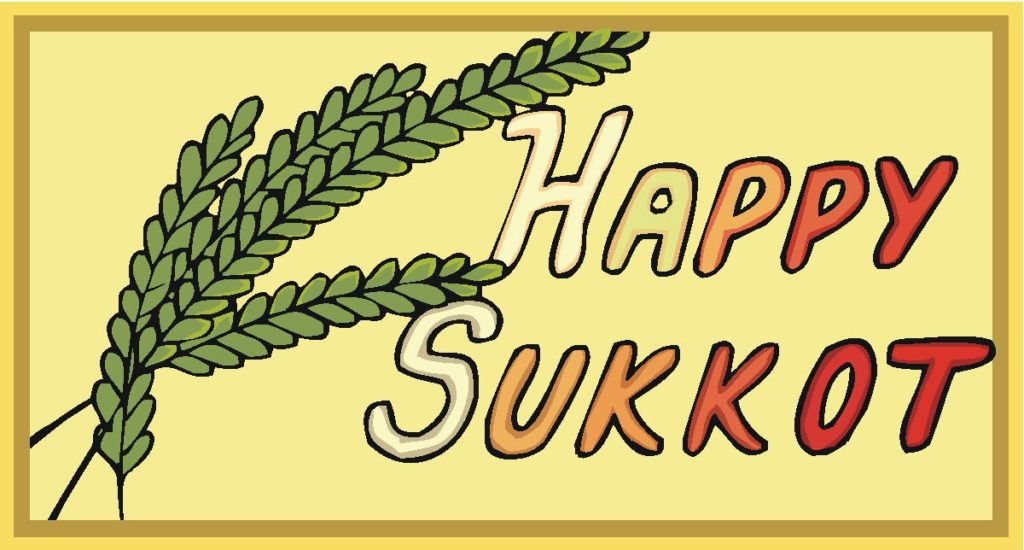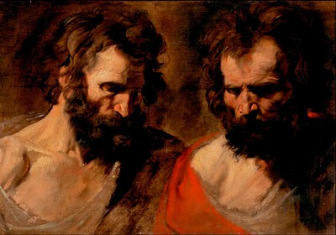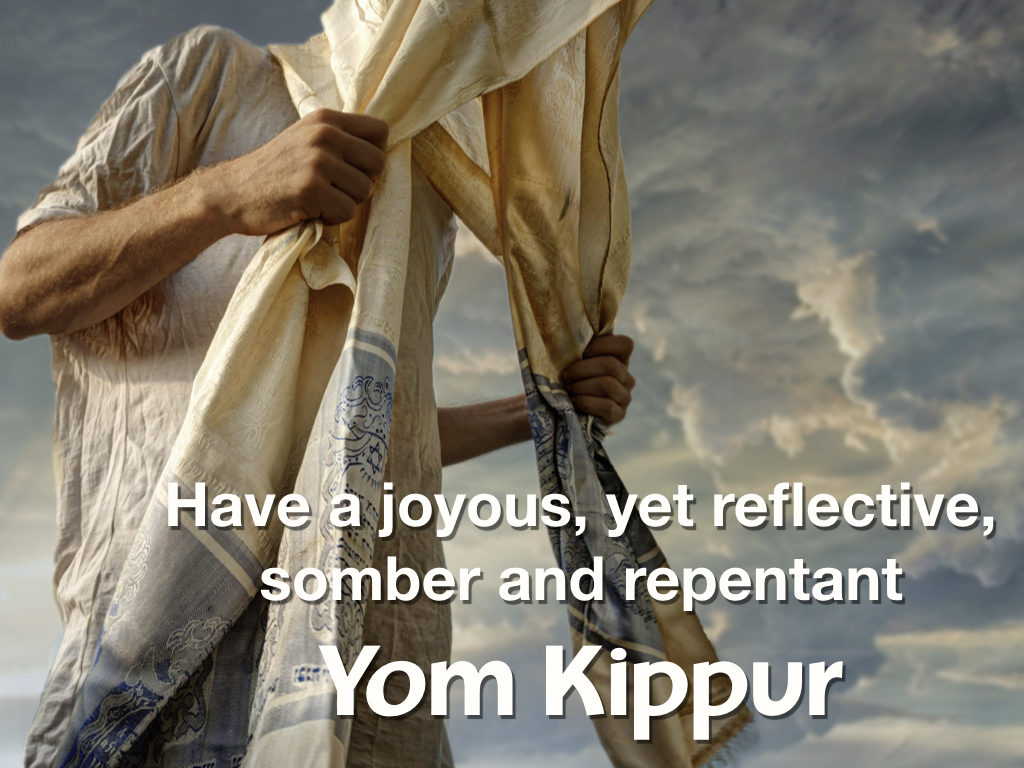Parashat V’zot HaBerachah — Deuteronomy 33:1 – 34:12***
Haftarah — Joshua 1:1-18
Prophets — Zechariah 12:1 – 14:21; Malachi 1:1 – 4:6
Writings — 2 Chronicles 30:1 – 36:23
Testimony — Revelation 18:1 – 22:21
Most of this week’s blog discussion points will be on these passages. If you have general comments or questions on the weekly Scripture readings not addressed in a blog post, here’s a place for you to post those. Just use the “leave a reply” link or the “share your thoughts” box below.
The full “Read Through The Scriptures In A Year” schedule, broken down by each day, can be found on the right sidebar under “Helpful Links.” There are 4 sections of scripture to read each day: one each from the Torah, the Prophets, the Writings, and from the Testimony of Yeshua. Each week, the Torah and haftarah readings will follow the traditional one-year reading cycle.
*** Usually read on Simchat Torah
Weekly Blog Scripture Readings for 10/13/19 through 10/19/19.
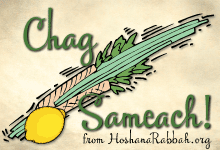
Chag Sameach! May you have a blessed Feast of Tabernacles and Shemini Atzeret! On 10-20-19 we begin our new Blog Reading Schedule for 2019-2020 to Read Through the Scriptures in a Year that is available to download now.


